Published and translated by the firm Winter – Dávila & Associés
Paris, 01 September 2022

Author: Juan Francisco Baldovino
Juan Francisco Baldovino holds a law degree from the Pontificia Universidad Católica (Peru). He is a member of the Lima Bar Association. He has a master’s degree in Business Law from the Pontificia Universidad Católica (Peru), an international master’s degree in Football Business and Administration from the Johan Cruyff Institute (Holland) and the Universidad San Ignacio de Loyola (Peru). He is currently studying for an international master’s degree in Football Law at the Sport Law Institute (Spain).
On the other hand, he is in charge of the legal area of the Peruvian Footballers’ Union Association (SAFAP), member of the Expert Group and of the Legal Committee of the International Federation of Professional Footballers (FIFPro), professor of the Football Law module in the International Master of Business and Administration of the Johan Cruyff Institute (The Netherlands) and Judge of the Players’ Status Committee of the FIFA Football Tribunal (Switzerland).
📍Versions of the article availables in others languages:
🇪🇸 Versión en Español
🇫🇷 Version Française
Do you need lawyers in France? Do not hesitate to contact us!
The world of football is developing at full speed and it doesn’t stop. It is crazy. The goal is to find football players, younger and younger, who can be the future “Messi”, “Neymar” or CR7 and that they continue to generate the hundreds of millions of dollars or euros that the generation of football players who are on their way out because of their age. This “madness” must be stopped and someone had to stop it.
Fittingly, the so-called interest groups – FIFPro among them – and FIFA took control of the situation by regulating the application for registration and international transfers of underage players. The common goal is the protection of minors.
The Regulations on the Status and Transfer of Players (RSTP) have special provisions on international transfers (Art. 19 para. 2 RSTP) and any first registration of underage foreign players (Art. 19 para. 3 RSTP), specifying that underage players are those who have not yet reached the age of 18. These processes are subject to prior approval by the Players’ Status Committee through the Football Tribunal.
YOU CAN ALSO READ: Training compensation in football
When is it an international transfer or a first registration of a foreign minor player? In the first case, a foreign minor player is registered in one federation and wants to be registered in a club of another federation. This change, in addition to the above-mentioned rules, is also subject to the issuance of an International Transfer Certificate (ITC) in accordance with art. 9 of the RSTP. The second case arises when a foreign minor has never been registered in a club participating in football organised by a federation and they wish to register him/her.
To begin with, article 19 of the RSTP states the following: International transfers of players are allowed only when the player reaches the age of 18. This is the general rule. But every rule has an exception, in this case there are five exceptions:
a) If the player’s parents change their domicile to the country where the new club is based for reasons not related to football;
b) The player is between 16 and 18 years old and the transfer takes place within the territory of the EU or the European Economic Area or the transfer takes place between two associations within the same country (these points have a number of details that for reasons of space we will not elaborate on;
c) The player lives at home at a distance of less than 50 km from the national border (the maximum distance between home and Club is 100 km) in this case the player continues to live at home and the two federations must give their consent;
d) The player must flee the country for humanitarian reasons that endanger his life or freedom without his parents. In this case he is allowed to reside temporarily in the country of destination; and,
e) The player is an exchange student. The clearance in this case is for the duration of the academic programme. The new club may only be amateur and not linked to a professional club.
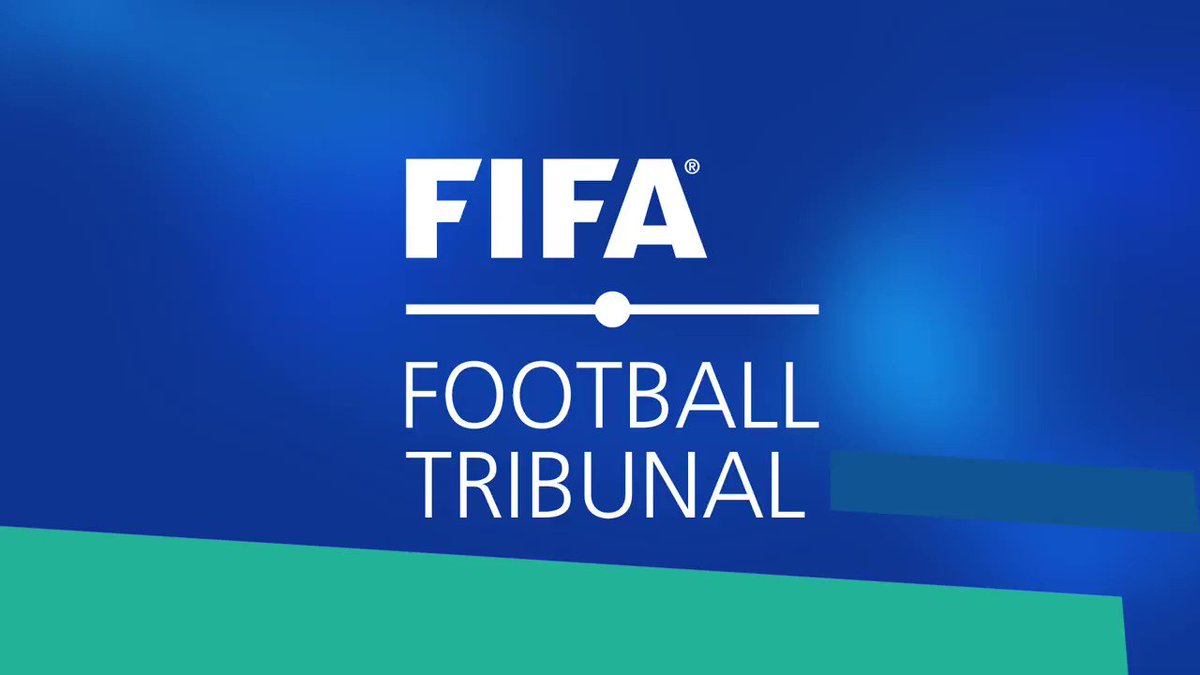
Photo: fifa.com
What is the process. This is detailed in Annex 2 of the RSTP. Art. 1(1) of Annex 2 of the RSTP states that applications must be submitted and managed through the Transfer Matching System (TMS). That is, (i) the club’s application must be submitted to the federation in which it is to be registered; (ii) Approval of the previous federation (in the case of transfer) is required; (iii) Review of documentation by the Players’ Status Committee; (iv) Approval by the Football Tribunal; (v) Terms of the decision (here ends if the application is approved); (vi) Full grounds for the decision of the Football Tribunal (in case the application has been requested or rejected); and (vii) Appeal to CAS.
Similarly, Art. 5 para. 2 para. 2 of Annex 2 of the RSTP provides a general list of documents to be submitted. The transfer for work of the parents is the most used and recognised reason, but also the search for better education of the player and/or his parents, better living conditions for the player and his family, the return to the country of origin, family reunification or reunification, economic investment of the family in the new country, health reasons among others are recognised as reasons for non-football transfers.
The most important thing is to show in a documented manner the reasons that lead the family to move to a new country, such as school certificates indicating the date of enrolment of the minor, documents certifying the residence of the family members, rental contracts, proof of ownership of property, certification of tax payments, etc.
YOU CAN ALSO READ: The professionalisation of women’s football
Finally, it is possible for a child to move with only one parent or without parents, but these cases are limited to special situations that have to do with custody or legal guardianship of the child.
The craze to find the new king of football must be done with respect for the right of minors to enjoy football and not force them to respond to demands that are not appropriate to their age. That is the ultimate goal that we must all look after.
If you liked this topic, we invite you to share the article, comment on it and also to visit the rest of publications in the social networks and platforms of Winter – Dávila et Associés
If you want advice related to the subject of the article, do not hesitate to contact us! (email: contact@wdassocies.com)
Original language of the article: Spanish
LEGAL NOTICE: This article has been prepared for informational purposes only. It is not a substitute for legal advice directed to particular circumstances. You should not take or refrain from taking any legal action based on the information contained without first seeking professional, individualized advice based on your own circumstances. The hiring of a lawyer is an important decision that should not be based solely on advertisements.
This article was published by Winter – Dávila & Associés, an international law firm based in Paris, in France, represented by lawyers specialized in sports law, corporate law, arbitration and representation.


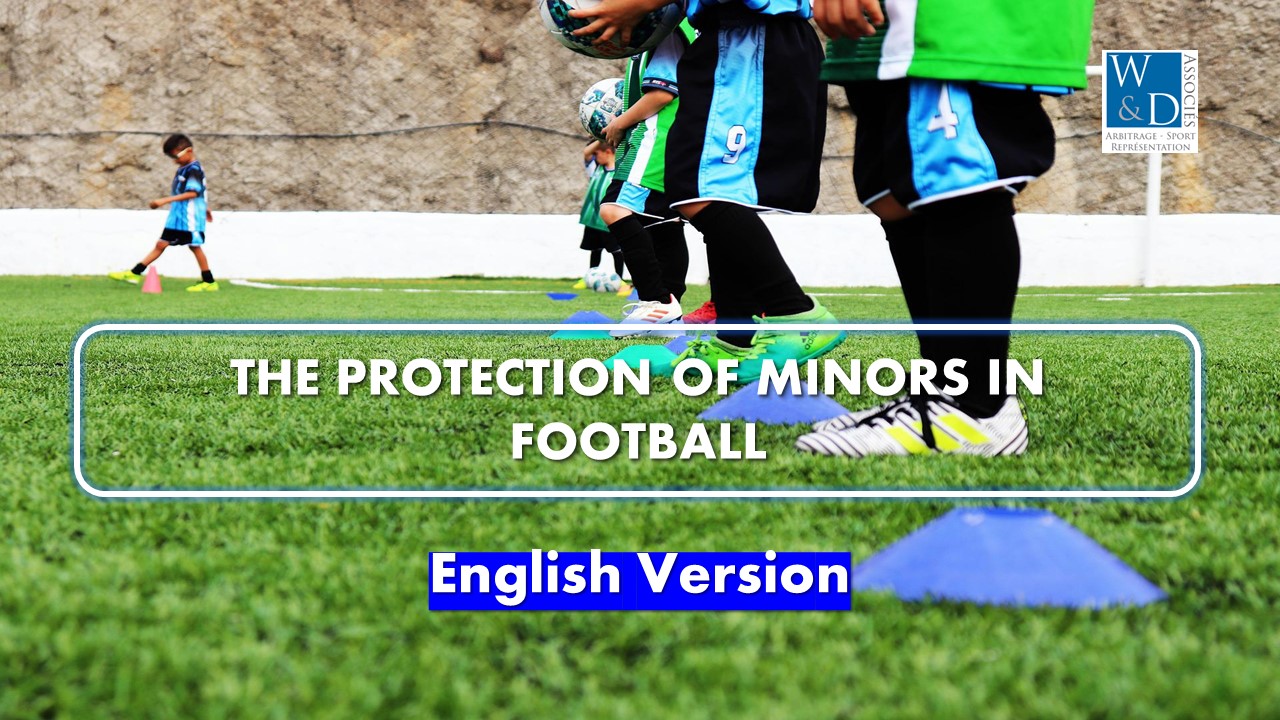
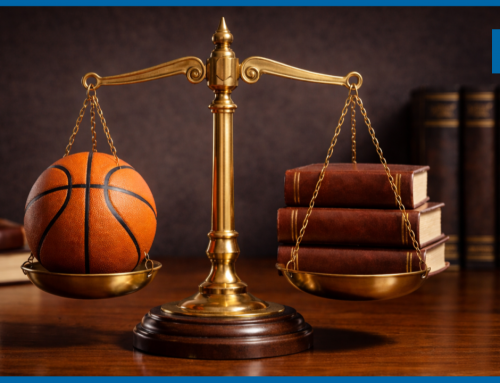
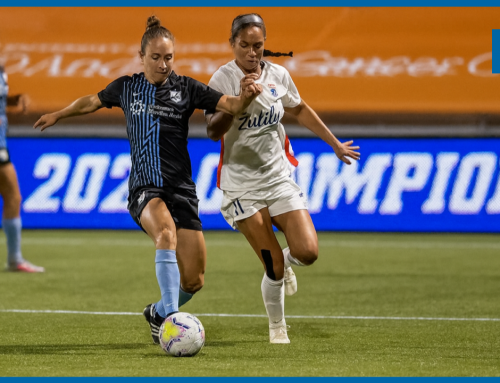
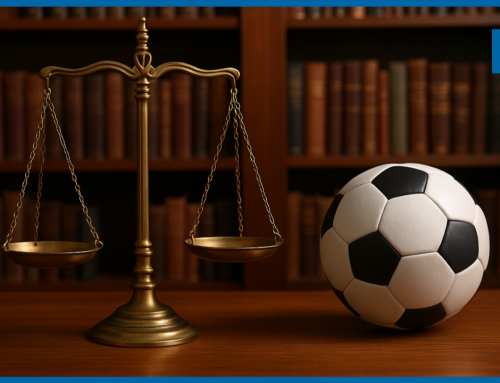


Leave A Comment